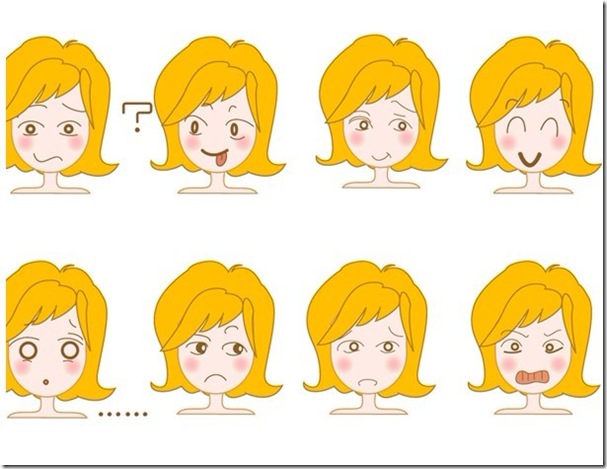Learn Mandarin grammar –Modal particle
In linguistics, modal particles are always uninflected words, and are a type of grammatical particle. Mandarin Chinese depends highly on the use of modal particles. Changing the pitch of the sentence or phrase would make the meaning of the sentence different.
a
啊: placed at the end of a sentence to express admiration or affirmation, for example:
duō hǎo de dì fɑnɡ a
多 好 的 地 方 啊!
What a place!
nǐ kě yào xiǎo xīn a
你 可 要 小 心 啊!
Do be careful!
Or to indicate a question, for example:
nǐ men nǎ tiān qù lǚ xínɡ a
你 们 哪 天 去 旅 行 啊?
When are you going to start on your journey?
啊can also be placed in the sentence to pause for a second and draw attention to the following sentences, for example:
nǐ a lǎo zhè yànɡ xià qu kě bù xínɡ
你 啊 ,老 这 样 下 去 可 不 行!
Look! You can’t go on like this.
Or placed after a repetitive verb to indicate that it is a very long process:
tā men zǒu a zǒu a yì zhí zǒu dào hé biān
他 们 走 啊,走 啊,一 直 走 到 河 边。
They went on and on till they came to a river.
ya
呀: ah; oh
ya xià xuě le
呀,下 雪 了!
Oh, it’s snowing!
shuí ya
谁 呀?
Who is it?
zhēn shānɡ xīn ya
真 伤 心 呀!
Woe is me!
ò
哦: Oh; ah; I see
ò wǒ dǒnɡ le
哦,我 懂 了。
Oh! I see. Oh! Now I understand.
ò zhēn de
哦?真 的?
Oh, you do?
ma
吗: placed at the end of a sentence to indicate a question
shì ma
是 吗?
That so?
ké yǐ ma
可 以 吗?
Would you?
tánɡ cù yú hǎo chī ma
糖 醋 鱼 好 吃 吗?
How do you like the sweet and sour fish?
ma
嘛: to indicate it is obvious
zhè yě bù nénɡ ɡuài tā tóu yì huí ma
这 也 不 能 怪 他,头 一 回 嘛。
He’s not to blame. After all, it was the first time he’d done it.
Or, placed at the end of a sentence to draw attention to the following sentences:
nǐ ma jiù bú yònɡ qīn zì qù le
你 嘛,就 不 用 亲 自 去 了。
As for you, I don’t think you have to go in person.

